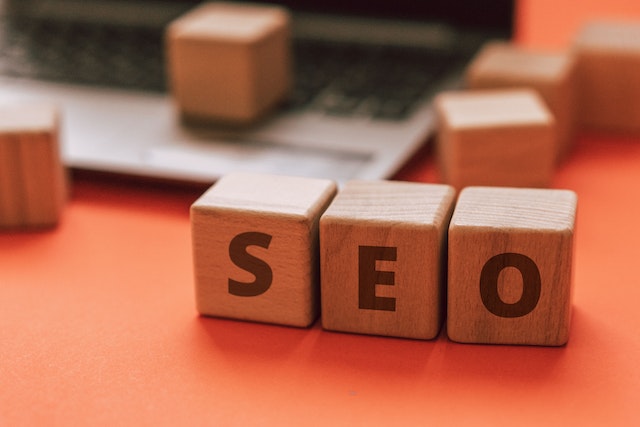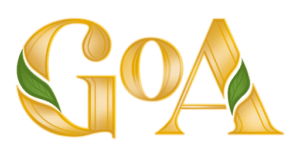Whenever a website is worked upon for higher Search Engine Rankings through better content, keywords, titles, meta descriptions, internal linking, and other factors, it is called On-Page SEO.
It shouldn’t be confused with Off-Page SEO, where the improvements are made on an external website, such as generating healthy backlinks from relevant websites.

Importance of On-Page SEO
Search engines examine a website and the information linked to it to determine whether a user’s query is relevant to the site or not. To better comprehend a searcher’s purpose and provide appropriate search results to the user, Google is frequently tweaking its algorithm.
A website and its content must be optimized according to the most recent techniques Google employs. Poor on-page optimization will not meet Google’s standards, and the website will not rank, making it useless to the people of the internet.
Higher search rankings, more site visitors, and conversions are benefits of on-page SEO. It takes time to show benefits, but it can dramatically increase the web ranks and revenues once it does.
On-page SEO factors
In addition to the previously described On-Page SEO techniques, a site’s success depends on several additional factors. For an on-page strategy to remain effective, it must be optimized at least twice a year. Below are the most common factors to focus on:
- URL
- Title Tags
- Meta Descriptions
- Heading Tags
- Alt Tags
- Keywords
- Content
- Speed
- Internal Linking
- Images
- Mobile-friendliness
- Schema Markup
URL
A URL functions as an address for an internet page. Website owners should include the keywords in their URLs to let Google know the main content of the page.
Title Tags
It is easier for search engines to index a website when specific terms are used in each page’s title and closing tags.
Meta Descriptions
A page’s summary can be found in SERPs as its meta description. It helps users discover more about the content of the page without visiting it. Google highlights users’ search phrases in the meta description and ranks the particular page high.
Heading Tags
Heading tags divide information into H2s, H3s, & H4s to make a page more readable. Adding the main or associated keywords will provide search engines with more context of the content.
Alt Tags
Alt tags add more details to multimedia files like pictures and movies. As search engines cannot see multimedia, they rely on alt tags to describe the media. All images and videos are directly affected by their alt tags on platforms like Google Images.
Keywords
Keywords are the terms that a user searches for in any search engine like Google. For example, someone searches for “Best Mobiles,” so Google will look for this keyword in relevant websites and rank them accordingly.
Content
Search engines index a page’s content and match it with users’ queries. For on-page optimization, content is essential and should be written with optimal keywords, headings, and other details.
Page Speed
How quickly material loads on a page is measured by page speed. It is a ranking criterion used by search engines like Google, making it mandatory to have a swift website.
Internal Linking
Linking within the website from one page to another is called internal linking. Regarding on-page SEO, internal linking needs to be more frequently addressed as it is crucial to establish an internal network. Internal linking enables search engines to navigate the website better, find new information, and comprehend the relationships between various pages.
Images
Images are a type of multimedia that facilitates reading and skimming of content. Large-file multimedia slows a page’s loading time and harms its rankings. The images should be optimized for size and alt tags.
Mobile-friendliness
The usability of a website on mobile devices is referred to as mobile-friendliness. Since mobile devices account for more than 50 percent of all internet traffic, a website must be mobile-friendly. If users of smartphones and tablets cannot access a website, Google will not consider it to be good enough to rank high.
Schema Markup
A Schema Markup is simply a language that helps Google to understand a page’s content better. It enables Google to read the codes through Structured Data and show better snippets or results.

Neglecting On-Page SEO is a mistake one should avoid at all costs. It is essential to implement the best practices and stay updated with Google’s latest SEO changes. Yet, it takes years of experience to understand how it all works. Our SEO experts will ensure your website is taken care of in all aspects of On-Page SEO. Send us a message today to get a free consultation on how we can help you with ranking on Google and Bing.

2 Responses